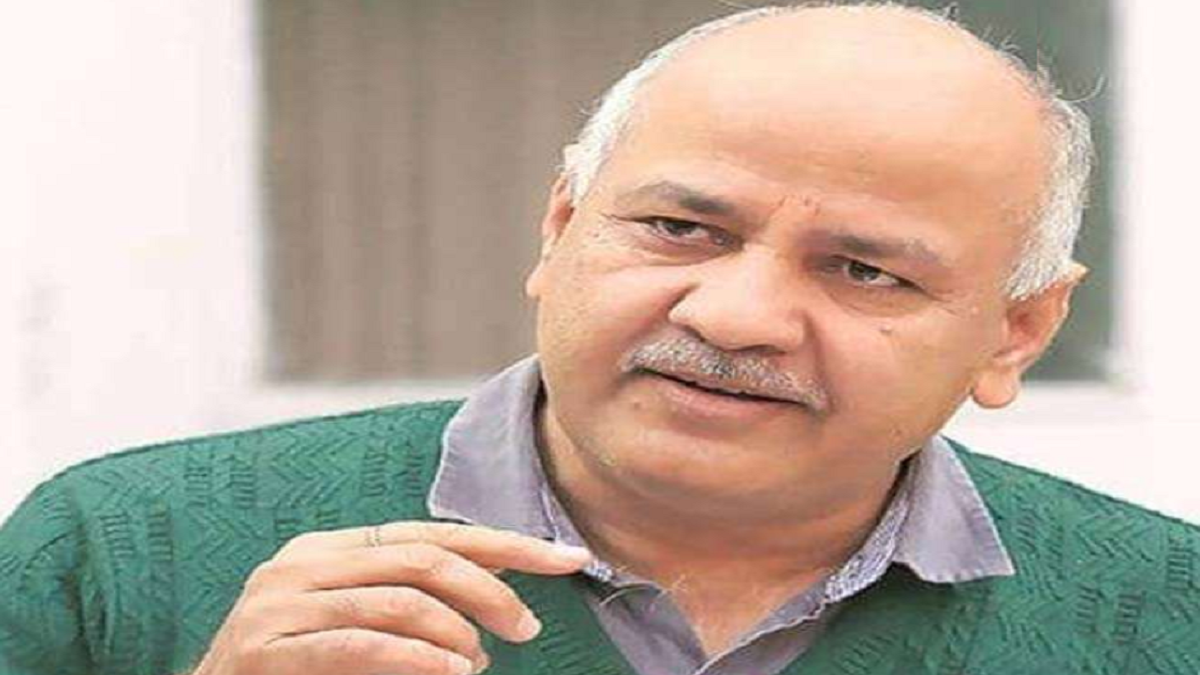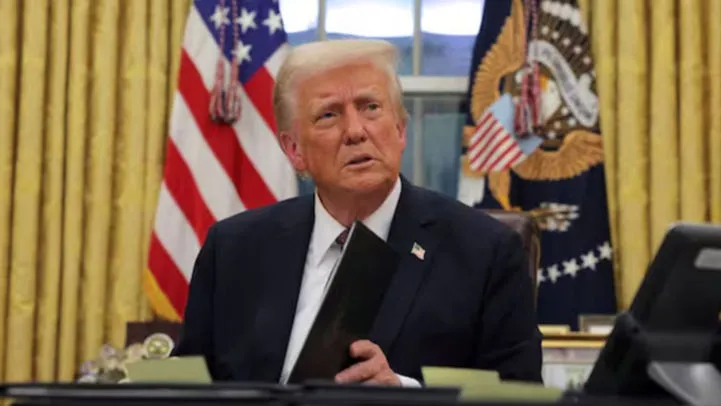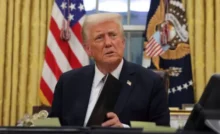Manish Sisodia, Delhi Deputy Chief Minister and Aam Admi Party (AAP) leader, arrived at the CBI headquarters for iterrogation in the excise policy case on Monday according to the officials.
The minister took blessings froim Mahatma Gandhi at Rajghat before heading to CBI headquarters.
In connection with the alleged corruption in the implementation of Delhi’s excise policy, the enforcement agencies searched Manish Sisodia, the deputy chief minister of Delhi, among other locations in August.
Sisodia, who is in charge of the excise department, has come under scrutiny for alleged intentional and flagrant procedural errors that gave liquor licensees for the years 2021–2022 an unfair advantage during the tendering process.
Sisodia is thought to have made decisions that were outside the Excise Policy’s legal requirements, which might have a significant financial impact. According to earlier reports, the exchequer suffered significant losses as a result of these “undue financial favours” given to liquor licensees after the deadline for awarding contracts.
In the midst of the deadly Delta Covid-19 pandemic in 2021, the excise policy was approved by the Delhi Cabinet, which is led by chief minister Arvind Kejriwal.
In a FIR that the CBI filed in August, Sisodia was listed among 15 other suspects, including with former Excise Commissioner Arva Gopi Krishna, Deputy Commissioner Anand Tiwari, and Assistant Commissioner Pankaj Bhatnagar.
Manoj Rai, a former employee of Pernod Ricard, Amandeep Dhal, director of Brindco Sales, Amit Arora, and Dinesh Arora, directors of Buddy Retail, and Sunny Marwah, Arun Ramchandra Pillai, and Arjun Pandey, authorised signatories of Mahadev Liquors, are also charged.
According to allegations made by the ED and the CBI, irregularities were committed when changing the Excise Policy, licence holders received improper favours, the licence price was waived or decreased, and the L-1 licence was prolonged without the consent of the appropriate authority. In order to avoid detection, the recipients produced fictitious entries in their books of accounts and channelled “illegal” gains to the charged authorities.
As claimed, the Excise Department made the unapproved decision to refund the victorious tenderer’s approximately Rs 30 crore earnest money deposit. Despite the lack of an enabling provision, COVID-19 permitted a waiver of the tendering licence payments from December 28, 2021, to January 27, 2022.










